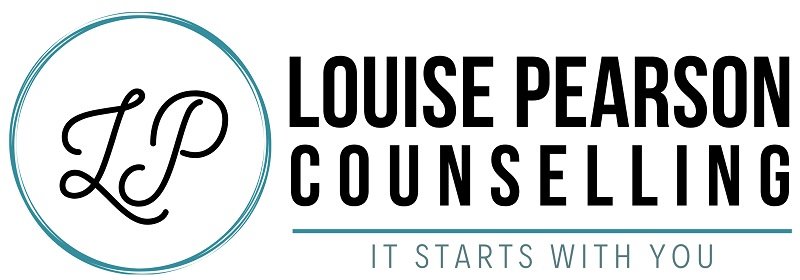Last week, I talked about the impact that shame can have on us at different times. Well, I feel like I had to come back to this subject tonight, to say that you can never really look closely at the emotion of shame without it's twin showing up, which is of course guilt. Our feelings of shame are usually related to us having the feeling that we're doing or have done something wrong. Guilt shows up in our belief that the responsibility lies with us.
One of the points that I want to make about this feeling tonight, is that that I think guilt can be a good thing for us to experience from time to time. Sometimes without thinking, but also sometimes when we are angry or sad or wanting to hit out, we can hurt people we love by our actions. Sometimes we indulge our wants, without thinking clearly about the impact that doing just that will have on our partners, our children, our parents or our friends, and often we don't give enough thought to how long-lasting that impact might be.
Take my case in point from last week for example, when one person was so broken by finding that her partner was cheating. Would it hurt that partner to feel some guilt, to take responsibility for their actions? Absolutely not, in my book! Fortunately in this country people are allowed to walk away from partnerships if they so choose, and so from where I stand, if you've agreed that there will be no others in your relationship, when you choose to break that agreement by lying, remorse should follow.
Essentially, whatever good reasoning we can find in our own minds for what we have or have not done — what we are often needing to do is to walk in the shoes of the person we are hurting, and to think about how we would feel were we them. The good that can come out of experiencing some guilt is actually not that we beat up on ourselves, or sit on the pity-pot saying "poor me, now everyone's unhappy with me". What we have here is an opportunity to look at our mistakes and to learn from them. All of us make them every day — some big ones, some small ones, but if we actually take the time to reflect on our behaviour, to realize what we are responsible for, then it will be less likely that we will have our life lessons on rinse and repeat.
The thing about shame and guilt however, is that there is a flip side to all this learning. Sometimes it is also true that we place unfair or unreasonable expectations on ourselves, and believe that we could have done better, that we should take responsibility for something, which was never in our control. Did we know, for example, that a call to our mobile which we didn't answer from a loved one, would be that person's last effort to contact us before they died? More likely than not we had no idea, and yet I've met with a lot of people who have huge regrets in these situations. Sometimes we are shamed unreasonably when we absorb negative messages about ourselves from those around us. How often do we hear someone say "you are making me angry", or "you have upset me" — correction, I can't make you feel anything, you feel what you feel. Often we will feel guilt and shame when we feel unable to cope with a situation or when we are struggling to keep on going when times are tough, and yet we would never think of expecting a friend to carry such a heaven burden, without some help or the opportunity to have their struggle seen.
So, while shame and guilt can teach us a lot, I find that thinking about them in terms of whether they are reasonable, whether you would have the same expectation on others as you do on yourself, can be really helpful. Remember also that just as often as you have told yourself that you are responsible for something, when you think it through and work out that perhaps that is not true, you can start to change the story that you are telling yourself inside your own mind. In the end, that is all it is — a story, and although it might feel like a lot of work, neuroscience tells us that we are able to build new neural pathways when we change the messages that we are telling ourselves.
